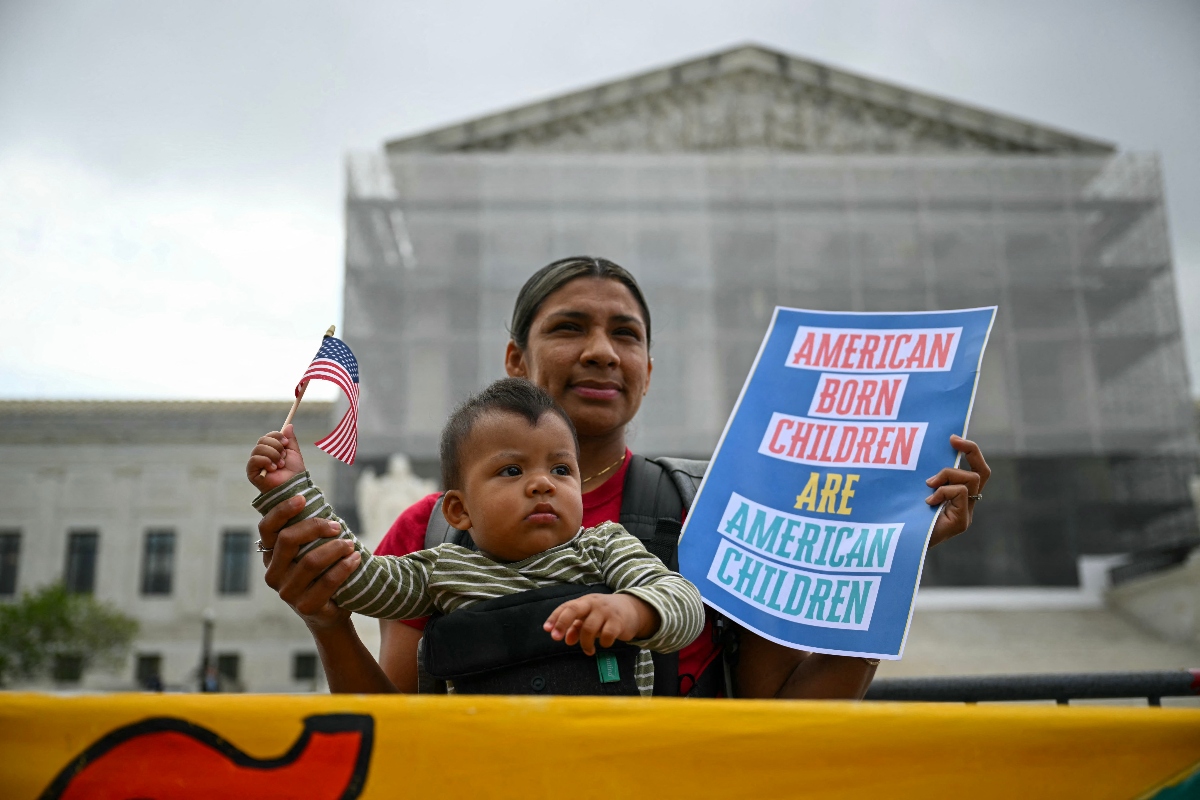A federal appeals court ruled Wednesday against President Donald Trump’s executive order to eliminate birthright citizenship in the United States, a constitutional principle that has been in place for more than 150 years.
The ruling, issued by a three-judge panel of the Ninth Circuit in San Francisco, affirms that denying citizenship to persons born on U.S. soil based on the immigration status of their parents violates the Constitution.
Trump attempt to eliminate birthright citizenship

The decision upholds the nationwide block on the measure, which had previously been invalidated by a district court in Seattle.
“The district court correctly concluded that the executive order is unconstitutional. We fully concur,” noted Judges Michael Hawkins and Ronald Gould.
What was order of Trump seeking?

The presidential measure intended that a child born in the U.S. would not receive automatic citizenship if his or her parents were undocumented or in the country on temporary visas, unless one of them was a citizen or permanent resident.
The Government justified the change by restrictively interpreting the Citizenship Clause of the 14th Amendment.
But the Ninth Circuit judges recalled that the Supreme Court had already set precedent in 1898 in the Wong Kim Ark case, where a young man born in San Francisco to Chinese parents was recognized as a citizen, even though they were not permanent residents.
Affected states and legal concerns

The lawsuit against the order was filed by the states of Washington, Arizona, Illinois and Oregon, who argued that allowing birthright citizenship to be valid only in certain states would create legal chaos, unequal rights and administrative problems.
Therefore, the court upheld the use of a nationwide order to prevent the measure from being applied only in some jurisdictions.
A dissenting vote from Trump’s own camp
The lone dissenting vote came from Judge Patrick Bumatay, an appointee of President Trump, who did not dispute the constitutionality of the case but questioned whether the states had standing to sue.
He also criticized the use of universal injunctions.
This ruling represents an important victory for millions of Latino families in the country who feared for the legal future of their children born in the United States.
The decision reaffirms that place of birth remains the valid criterion for obtaining citizenship, regardless of the immigration status of the parents.
The Department of Justice has not yet confirmed whether it will appeal the decision to the Supreme Court.
Meanwhile, the immigrant community celebrates what they see as a key defense of constitutional rights.
The district court correctly concluded that the executive order is unconstitutional. We fully agree
Jueces Michael Hawkins y Ronald Gould























